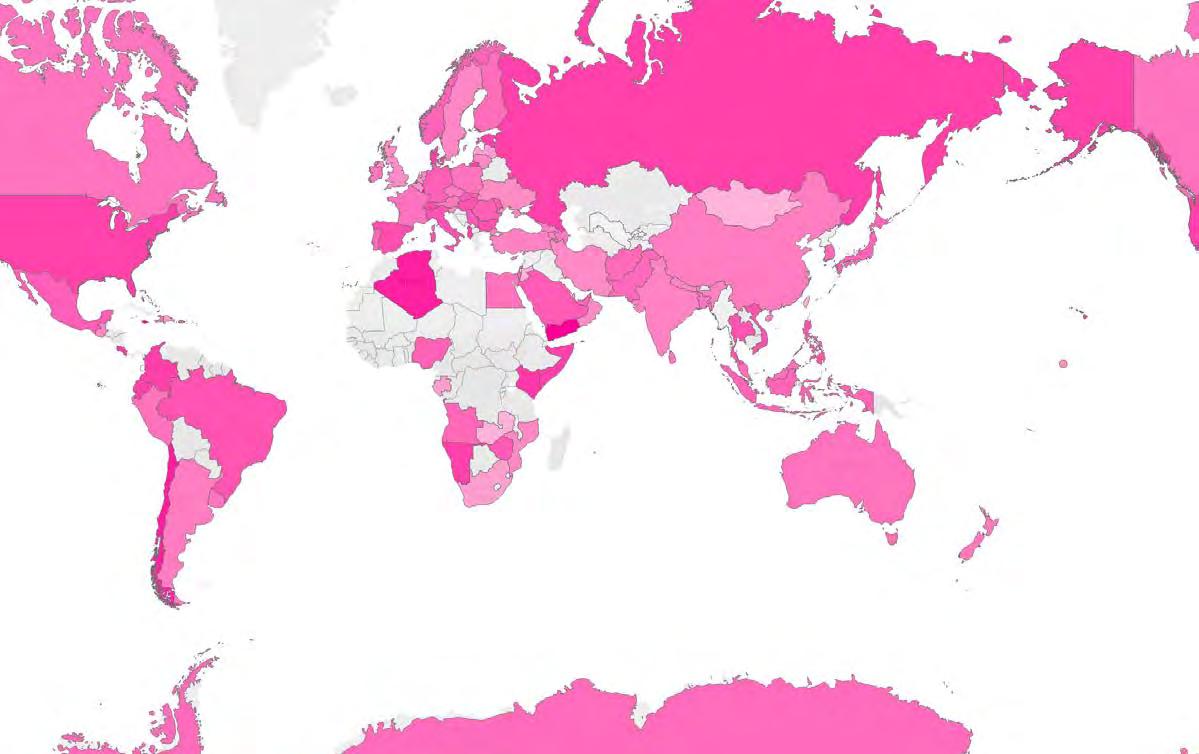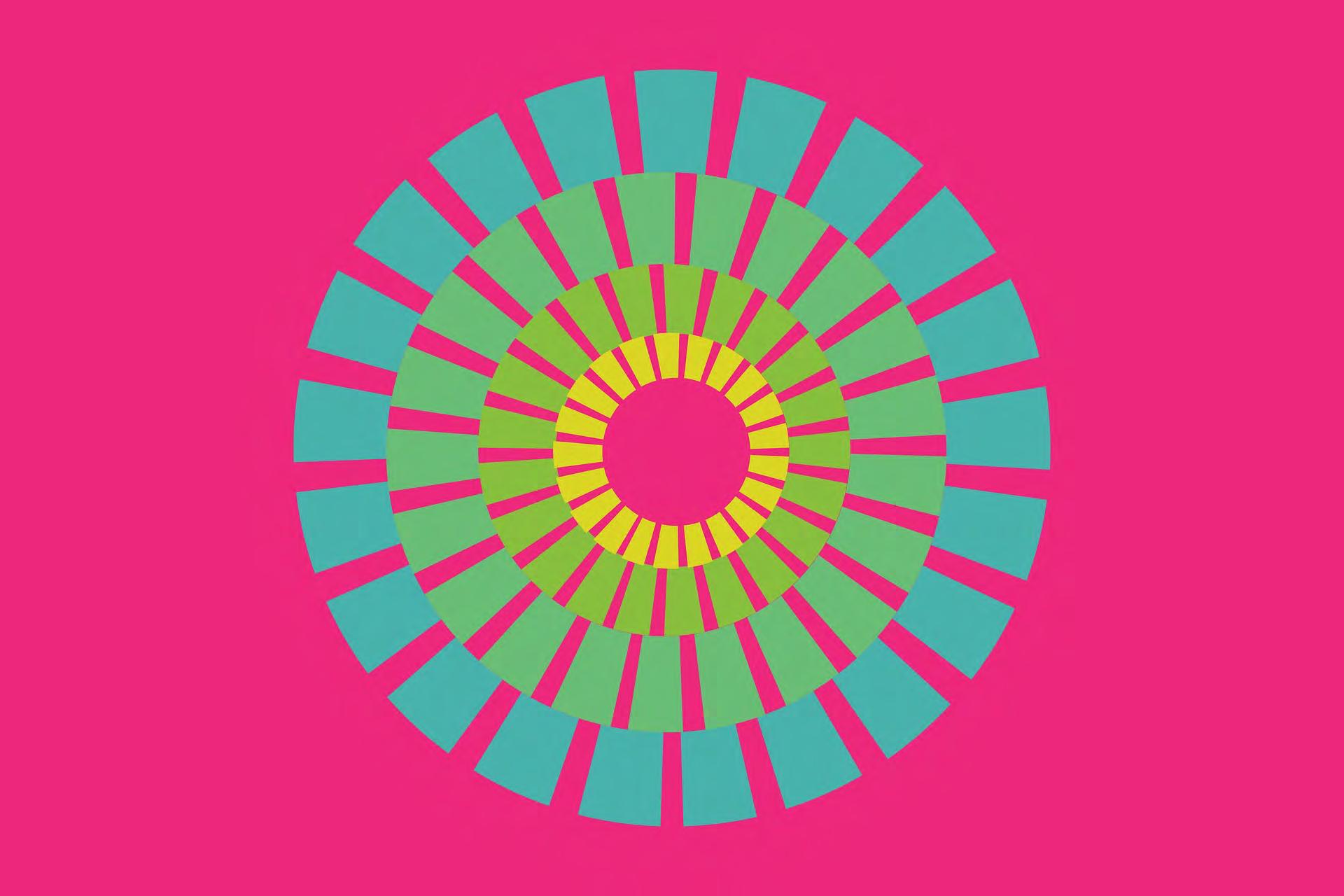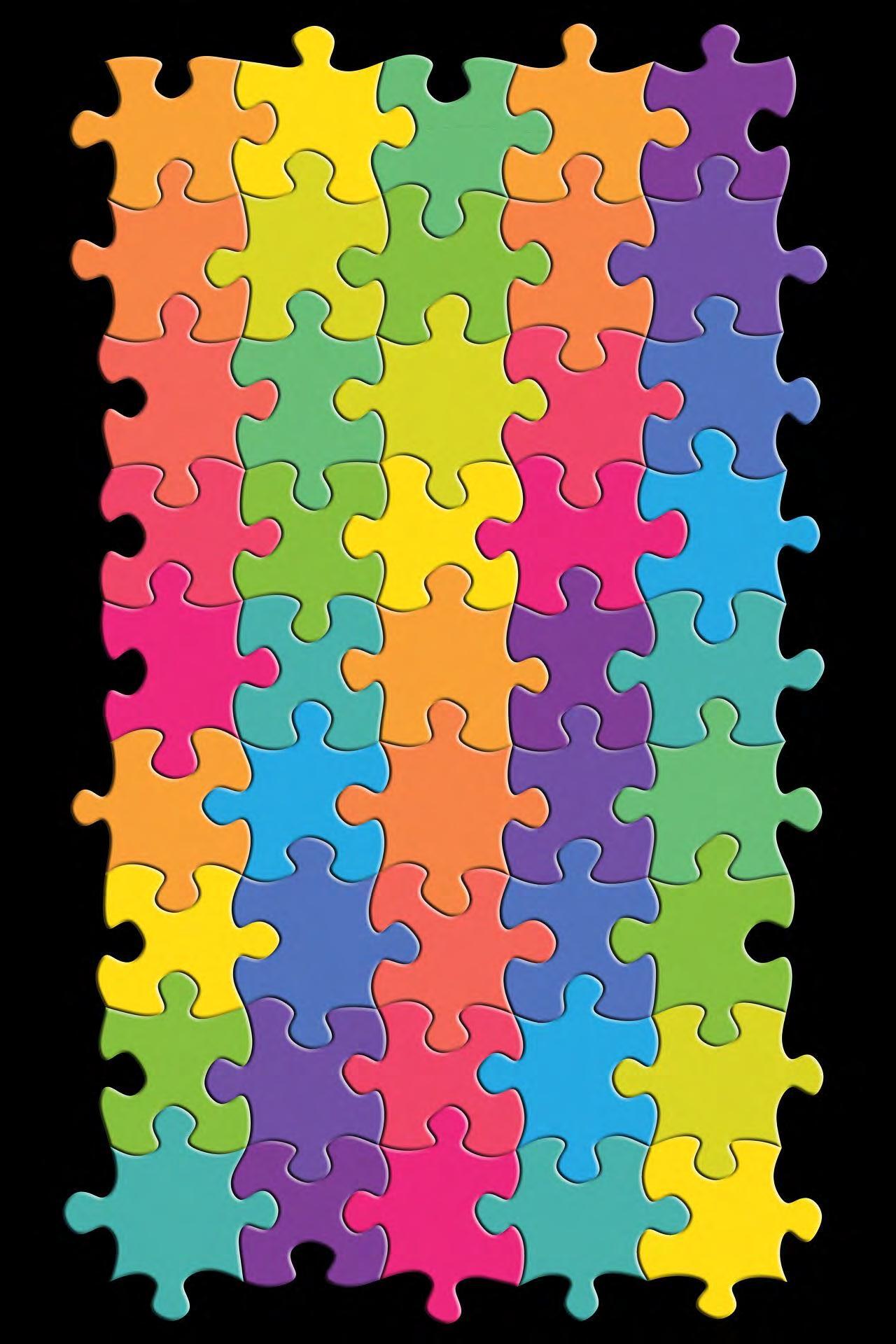Happiness Report Card 2023
Are we having fun yet?



Are we having fun yet?



The Happiness Alliance’s Happiness Index measures how you feel about important aspects of your life.

With your contribution of taking the Happiness Index (and if you have not taken it yet, you can right now), we have been measuring happiness since 2011.
This year our overall average was just above 50, meaning overall, we are neither happy nor unhappy. We scored highest in the domain of the economy at 66.89 out of 100 and lowest in the domain of community at 42.85 out of 100.
Conventional thought says that to be happier, we need a strong economy, higher incomes and more money.
Our data indicates otherwise.
Scores went up just a bit –2.8 outof 100 - between 2021 and 2022 inall the domains, with the biggest gains in the domains of psychological wellbeing and socialsupport.

The domains with the littlest gains are government and community.

The Happiness Index data reflects survey takers from all around the world, with more from the US, UK, Canada, India and Australia that elsewhere.
The data is called a convenience sampling because the people who took the survey opted to take it. This means the data reflects their state of mind, and not necessarily that of the general population.







10,994 people started taking the Happiness Index in 2022 and 8189 finished it. About double that amount visited the Happiness Index but did not answer more than one or two questions.


The Happiness Index completion rate is about 75% for those who start taking the survey. This is quite good!






One of the questions we ask in the Happiness Index is: In one word, what makes you happy?








Over time and across continents, the most popular answer is

This is a Word Cloud of the responses to the question: In one work, what makes you happy? The bigger the word, the more frequent the answer. In other words, the biggest words were the ones people most frequently wrote.

We were curious about how the happiness of people who chose family or something similar compared to people who chose money or responded that. they did not know.
So, we looked at how the data compared.

909 people said family.
2812 said something like peace, love, happiness, care, relationships, mom, dad, children and similar positive or social responses. (We included family in this category.)

154 said money.
275 said I don’t know (or IDK, don’t know, or no idea).




In general, people who chose family or something in the peace, love and happiness category are happier than those who chose money or said they did not know.

People who chose family or something in the peace, love and happiness category are happier than than all others who took the survey too.

The people who said they did not know what makes them happy were the least happy. They were less happy than others in every domain, with scores in the 30s out of 100 in the domains of health, psychological wellbeing and community.

The people who said money makes them happy scored lower the the average scores for all who took the survey in every domain, including economy.




Looks like what makes you happy makes a big difference on how happy you are.
Happiness Index scores for people who responded to the question: In one word, what makes you happy?



We decided to compare scores for questions in the Happiness Index. Each domain in the Happiness Index is composed of three or more questions.

We looked at how questions scores varied between those who said family makes them happy to those who said money makes them happy.






We compared scores for other questions where the difference was 10 or more. When we include the four questions we already looked at, 24 questions had a difference of 10 or more. People who said family makes them happy scoring higher than people who said money makes them happy.


Belonging
Discrimination
Positive about Self
Accomplishment in life
Optimistic
Engaged in Life
Interested in Life
Happiness
Worthwhile Life
Satisfaction with Life
Best Possible Life

In all but one question, people who said family makes them happy scored higher than those who said money makes them happier
Question scores for people who said family makes them happy compared to people who said money makes them happy, where differences are 10 or above.





In all but one question, people who said family makes them happy scored higher than those who said money makes them happier.
We compared scores for other questions where the difference less than 5 out of 100.
For eight questions, the difference in scores for those who said family makes them happy compared to those who said money makes them happy was less 5 out of 100.

We compared scores for other questions where the difference less than 5 out of 100.
For eight questions, the difference in scores for those who said family makes them happy compared to those who said money makes them happy was less 5 out of 100.

The only question where people who said money makes them happy scored higher was sense of being rushed, with a higher score for those who answered money of 1.2 out of 100.





Interestingly, those who said family makes them happy scored higher in the domain of economy and for those questions as well.










The data indicates that people who say family makes them happy are on to something.
Positive relationships really do make a difference.
If you have a good relationship with members of your family but do not prioritize them in your life – think twice.

Spend time with your family. Make that a priority.
And you will be happier.

If success is important to you, making family a priority may be the answer.
Why? Because positive relationships with others gives you the basis you need for success.


The role of families –and friends to an extent –are to love, provide and protect each other.
When we have those needs met, we are more able to handle challenges, attract opportunities, and make the most of our lives.
But what does this mean if your family does not make you happy?
What if your family is not loving, is not protective, or does not support you? What then?

Sometimes, for various reasons, a family or family member does not have the capacity to give you the love, support or protection you need.
It is hard to not take it personally, because you really do need those things, and you need them from your family. But sometimes these things can’t be given.

If this is the case for you, then look for the love and support you need from others.
You can make a family of choice among your friends. It is never the same as having your needs met by your family, but it can be good enough, and good indeed.



There is a popular notion that if someone in your family is not good for you, you should cut them off.
contribute to your healing or wellbeing or theirs in the end. Instead, find a way to relate to them that is safe for you, such as having someone with you who has your back when you are in their company, or limiting interactions to emails or texts, and setting boundaries so that when they behave badly to you, you stop interacting with them for a cooling off time.

*Unless contact with that family member endangers your life or something similar.



Most importantly, focus on what you do want. Not what you do not want.
Do this by being a loving, supportive, and when appropriate, protective friend to those in your life, and invest in relationships that give you love, support and, when appropriate, protection.


Thanks to Accenture Innovators, especially Alex Wang and Divya Kaur for help with our data analysis.
Thank you to Bobi Rakova.

Suggested citation: Musikanski. L. & Bradbury, J. (2023) Happiness


Report Card for 2023. Happiness Alliance.

